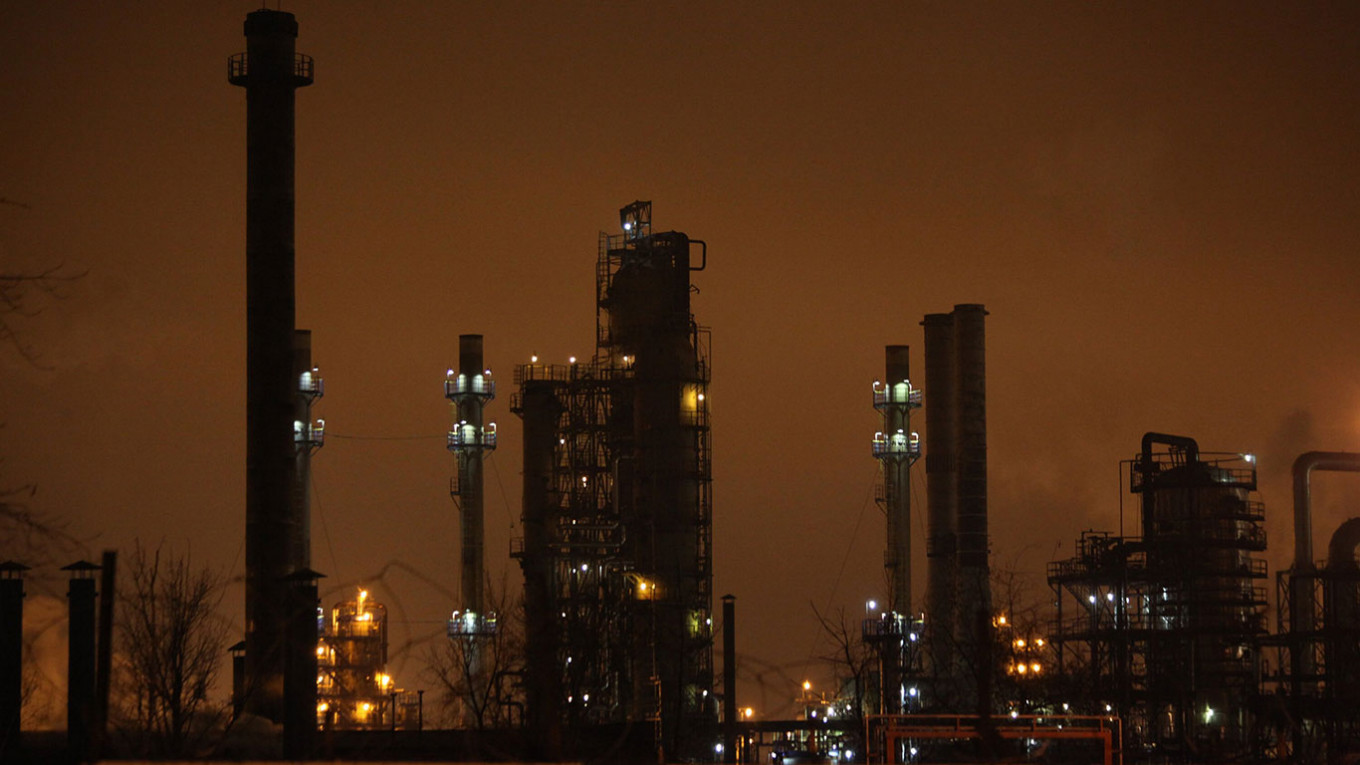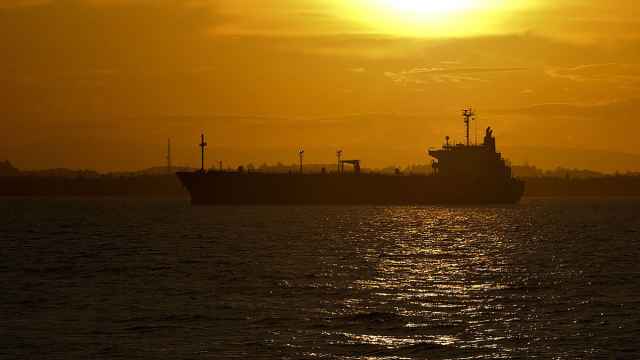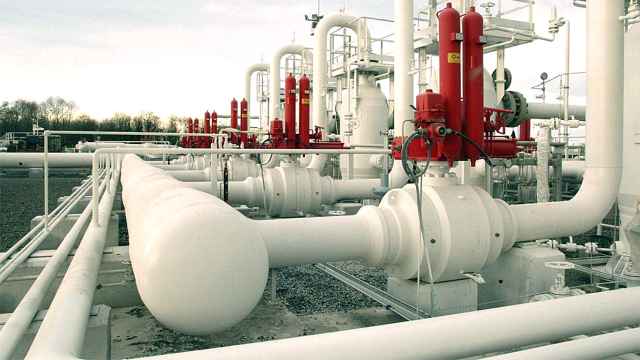The U.S. has banned the import of Russian oil products in a move set to squeeze Moscow’s key source of income following its invasion of Ukraine.
The White House said the unprecedented step would “further deprive President Putin of the economic resources he uses to continue his needless war of choice.”
The ban also affects the import of coal and liquified natural gas from Russia. The U.S. imported just shy of 700,000 barrels of oil a day from Russia in 2021 — accounting for around 10% of Russia’s total exports.
The measures are the first sanctions aimed at Russia’s key industry, which Western policymakers had previously been hesitant to target for fear of triggering rising prices at home.
Britain also pledged to stop importing Russian oil products by the end of the year, while the EU — which buys 40% of its natural gas from Russia — also said it would dramatically cut its reliance on Russian imports.
Brussels said it would slash its gas imports from Russia by two-thirds before the end of the year — delivering another multi-billion-euro blow to the Russian economy. The EU also published a plan to completely wean itself off Russian gas “well before 2030.”
“It’s hard — bloody hard — but it’s possible if we’re willing to go further and faster than we’ve done before,” the EU’s climate policy chief Frans Timmermans said Tuesday.
The announcement is a landmark moment for the 27-member bloc, which just three weeks ago was poised to start receiving record Russian gas flows through the Nord Stream 2 pipeline — the $11-billion Gazprom project which Germany called off upon the invasion.
Even without sanctions and despite surging prices, Russia’s oil industry has come under heavy pressure since the invasion of Ukraine, with major companies and traders such as Shell and Total announcing they will stop buying Russian energy products.
British officials estimated Tuesday that 70% of Russian oil was “currently struggling to find a buyer.”
Russia exported $180 billion of oil and $65 billion of gas around the world last year.
In the months leading up to its invasion of Ukraine, Russia was accused of stoking an energy price crisis in Europe and the U.S. by restricting exports.
A Message from The Moscow Times:
Dear readers,
We are facing unprecedented challenges. Russia's Prosecutor General's Office has designated The Moscow Times as an "undesirable" organization, criminalizing our work and putting our staff at risk of prosecution. This follows our earlier unjust labeling as a "foreign agent."
These actions are direct attempts to silence independent journalism in Russia. The authorities claim our work "discredits the decisions of the Russian leadership." We see things differently: we strive to provide accurate, unbiased reporting on Russia.
We, the journalists of The Moscow Times, refuse to be silenced. But to continue our work, we need your help.
Your support, no matter how small, makes a world of difference. If you can, please support us monthly starting from just $2. It's quick to set up, and every contribution makes a significant impact.
By supporting The Moscow Times, you're defending open, independent journalism in the face of repression. Thank you for standing with us.
Remind me later.






